How Does Air Conditioning Work?
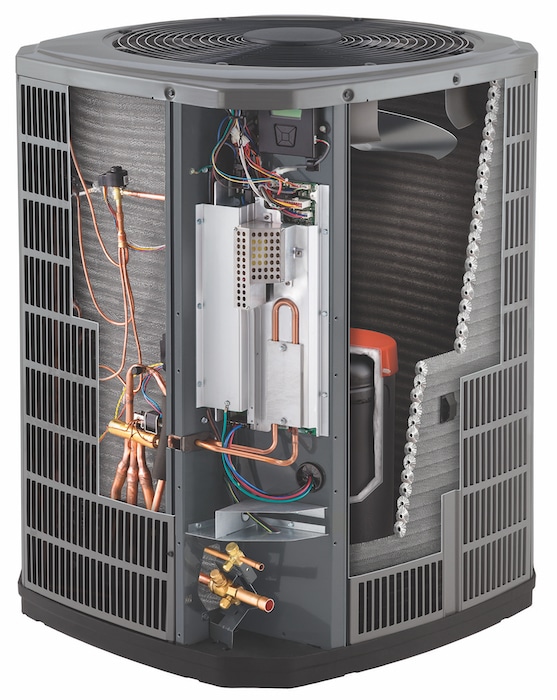
- Thermostat which sets the desired temperature and signals the AC unit to cool
- Compressor which increases the pressure and raises the temperature of the refrigerant gas before sending it to the condenser coil
- Condenser which turns the refrigerant into a liquid and sends it inside
- Evaporator which evaporates the liquid refrigerant, cooling the indoor coil while a fan blows air across it and is cooled. Heat is absorbed into the refrigerant which turns back into a gas. Cool air is circulated through vents as the warm refrigerant circles back to the compressor outside in liquid form again.
The process repeats until your home or business reaches the temperature you selected on your thermostat.
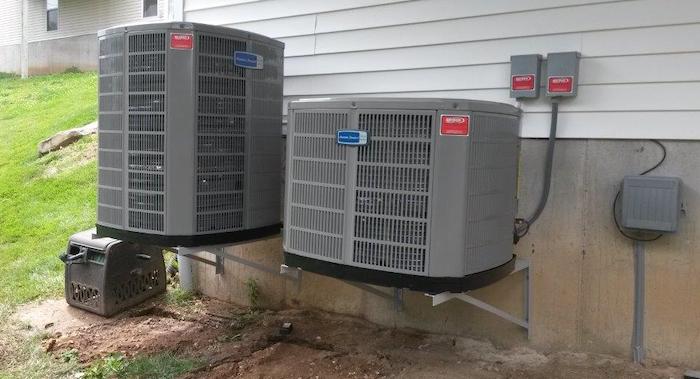
Table of Contents
- What Is Air Conditioning
- The History of AC
- Common Types of Air Conditioners
- The Benefits of AC
- Troubleshooting AC Systems
- FAQs about How Air Conditioning Works
- More Helpful Resources
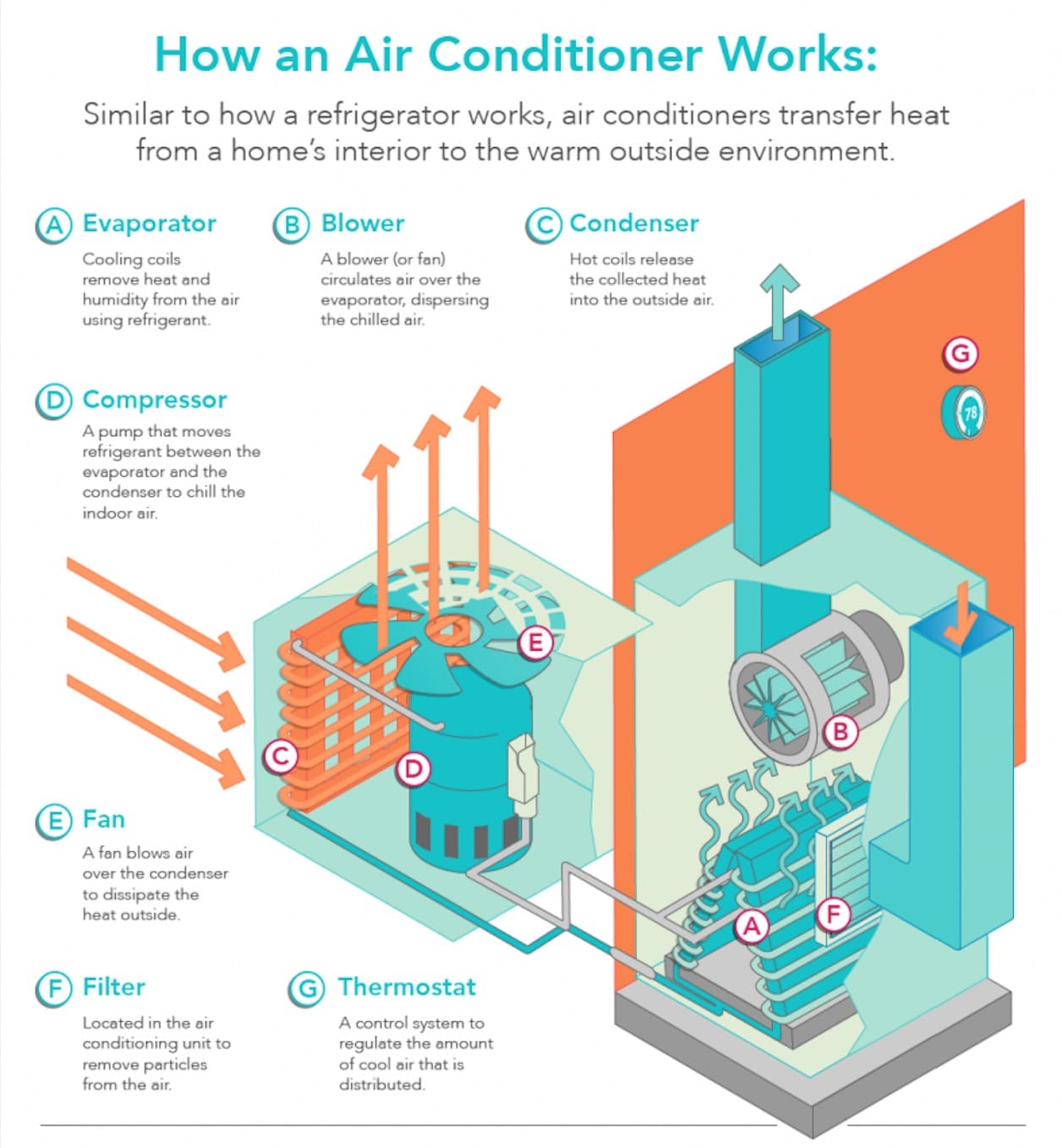
What is Air Conditioning?
An air conditioning system uses chemicals that convert from gas to liquid to gas quickly to transfer heat from inside your home to outside, cooling your home or business in the process. In other words, air conditioning removes heat and humidity from the indoor air and transfers the stifling air outside.
What Is Central Air Conditioning?
Central AC systems circulate cool air through ductwork and vent openings in the property walls, ceilings or floors (known as grilles or registers). The air is cooled at a location that is “central” for the property, then gets distributed to all desired areas and rooms through fans, all maybe possible by the AC compressor.
The History of Air Conditioning
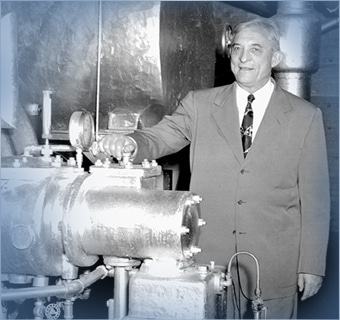
A Snapshot of AC History:
- Who invented air conditioning?
Willis Haviland Carrier - When was air conditioning invented?
July 17, 1902 - Where was air conditioning invented?
Buffalo Forge Company for Sackett-Wilhelms Lithographing and Publishing Company in Brooklyn, NY - When did air conditioning become common?
Between 1947 when a more compact, inexpensive window unit was developed, and mass-produced and the late 1960s when most new homes had central air and window units were even more affordable.
The thought for air conditioning and its health benefits first came to Florida Dr. John Gorrie’s mind in the 1840s. He invented an ice-making machine. However, it was not until 1902 when electrical engineer Willis Carrier came along that air conditioning as we think of it was first invented.
AC Introduced To the World in St Louis, MO
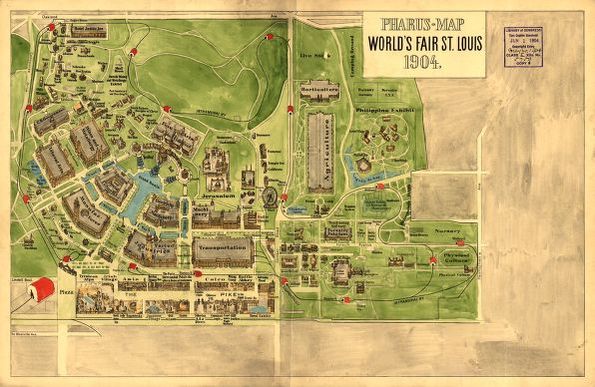
Since its invention, air conditioning has influenced industries from printing, entertainment, manufacturing, air travel, technology (like computers and servers), and more to be better, more manageable, and more productive. The design and technology of AC experienced many improvements and iterations by engineers across the country as they worked to create better, more efficient, more affordable units. That trend has continued into the 21st century to the point that the vast majority (87% as of 2011) of US homes have AC.[1]
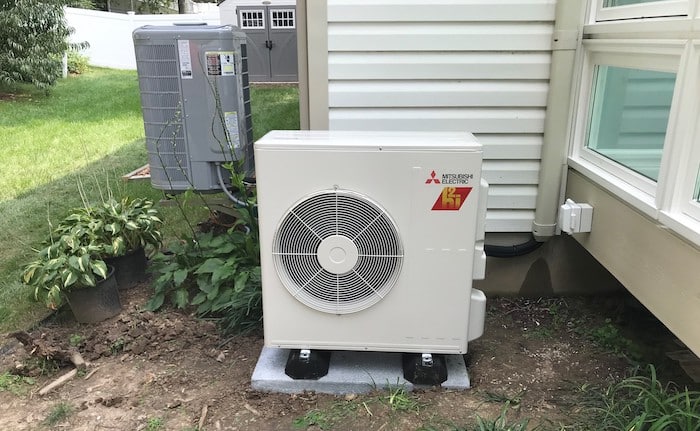
Types of Air Conditioning
- Split System AC – The most common and as described above with an outdoor and indoor unit to complete the system
- Packaged Air Conditioner – All in one unit, typically outside
- Ductless AC – Highly energy efficient and best for small/renovated spaces where ductwork is not possible or for individual room cooling. They can be 1:1 outdoor to indoor units a.k.a. a min-split or 1:2 to 5 outdoor to indoor units a.k.a. a multi-split. Learn More: What Is Ductless AC?
- Dual Fuel Systems – Heat and cool but are typically made up of a heat pump (rather than an air conditioner) and a furnace. Best used in areas with a mild climate.
Which one you choose for your home or business will depend on your location, the size of your property, and how you intend to use it. Seasonal Energy Efficiency Ratio (SEER) rating is another factor to consider as it measures the efficiency of the AC unit. It must be at least 13 in the U.S., with new legislation requiring at 14 starting in 2023.[2]
Benefits of Air Conditioning
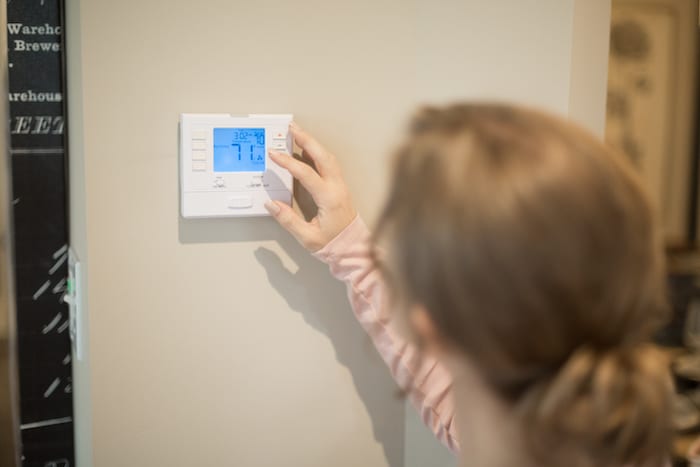
The many benefits of AC include:
- Control of humidity
- Improves air quality and air flow
- Filters particles and allergens from the air, cleaning the air you breathe, and reducing asthma attacks
- Reduces the risk of heat stroke, dehydration, and other heat-related illnesses because you are not hot and sweating
- Allows for better sleep because you are more comfortable
- Makes people more productive because they are more comfortable
- Secures home from invasion (human, insect, or noise pollution) better with closed windows
Troubleshooting Your AC
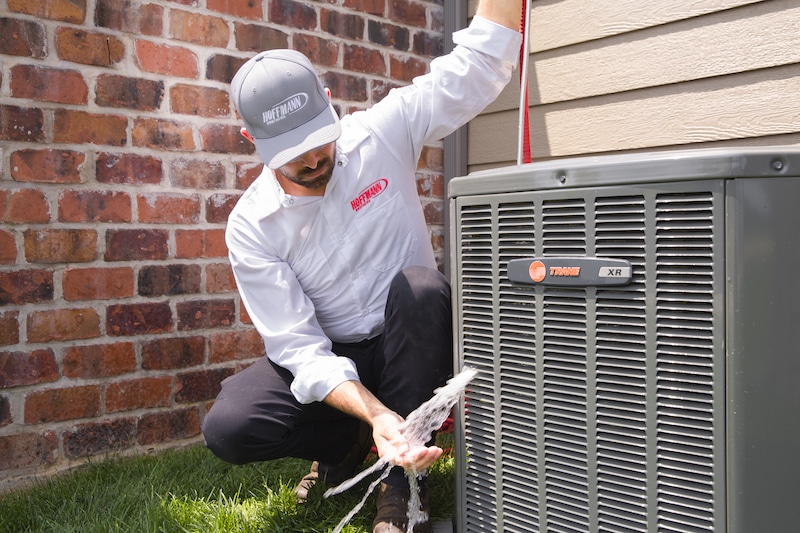
Is your AC not working? A few things you should consider before you call your trusted, local HVAC technician are:
- Is your thermostat set correctly and in the right location (e.g. not near the oven or near a window that beats sun directly on it)?
- Have you changed your air filter lately? It could be clogged.
- Is the area around your outdoor unit crowded? Give it some room to breathe.
- Have you had your AC tuned up this season? Regular maintenance is key to the efficiency and longevity of your air conditioner.
MORE AC TROUBLESHOOTING: AC Not Cooling?
Frequently Asked Questions on How AC Works
No, but they do take the warm air inside your home, remove the heat and humidity to cool it, then filter it through your ventilation, window unit, or ductless AC.
It is more efficient, which will save you money overall. The lower the humidity in the home, the cooler it is. The cooler it is, the less the AC will have to work to get to the set temperature. The Department of Energy does say, “You can save as much as 10% a year on heating and cooling by simply turning your thermostat back 7°-10°F for 8 hours a day from its normal setting.
Yes, but only if it is a mini-split or a heat pump above 60 degrees Fahrenheit and can reverse its air flow to bring the warm air in instead of out as it would in the summer months.
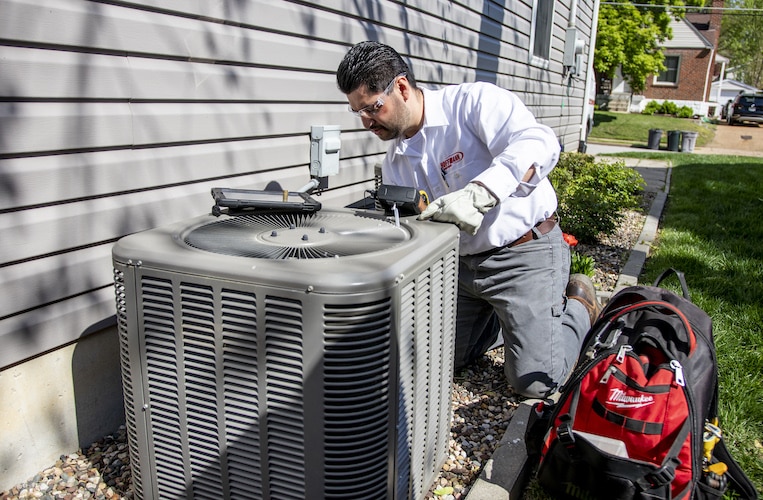
More Air Conditioning Resources
- Air Conditioner Not Cooling – AC Troubleshooting Guide
- AC Tips for Extreme St. Louis Heat
- St Louis Air Conditioning Services
- Air Conditioning DIY vs. The Professionals
- What Is Ductless AC?
- Preparing Your Air Conditioner for Winter Hibernation
- Before You Flip the Switch from Air Conditioning to Heating
- Choosing a Reliable, Energy-Efficient AC Unit
Other Helpful Resources from Hoffmann Brothers
Be sure to visit our Home Resources page to find more helpful solutions and guidance with plumbing, HVAC, Electrical Systems, Water Heaters, Indoor Air Quality and Safety for your home and business properties.



